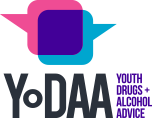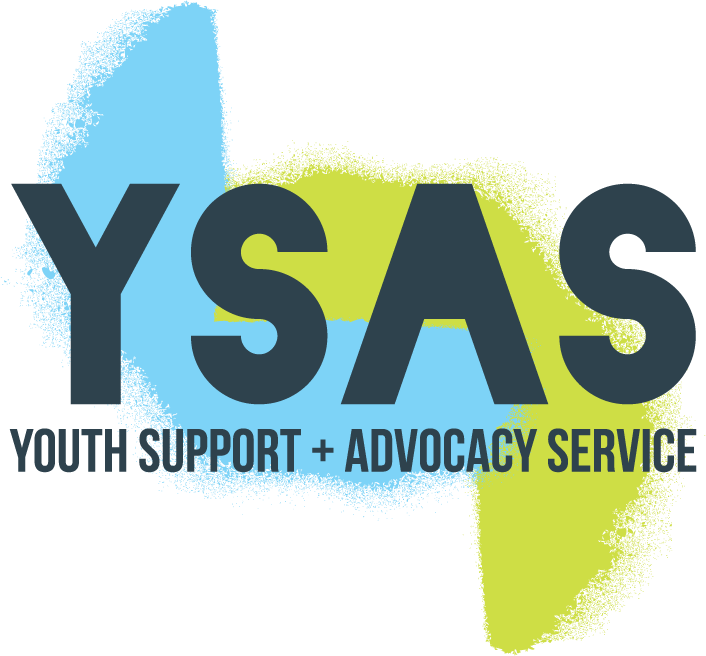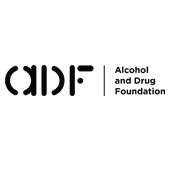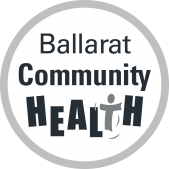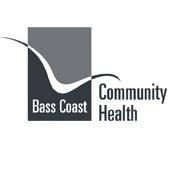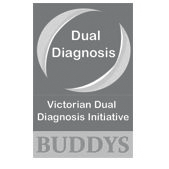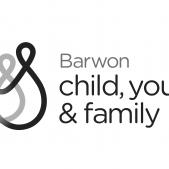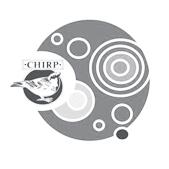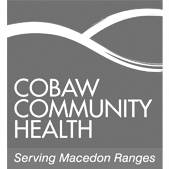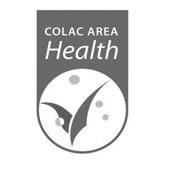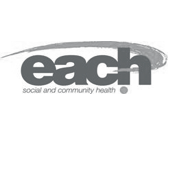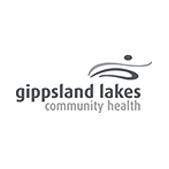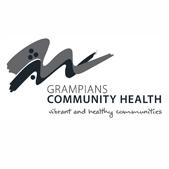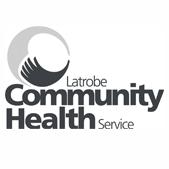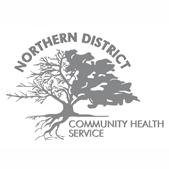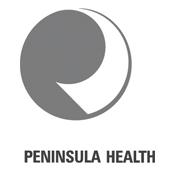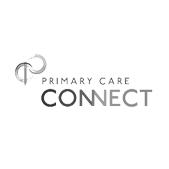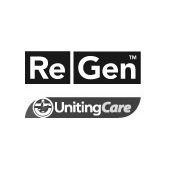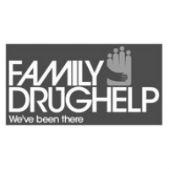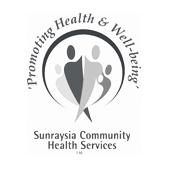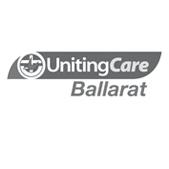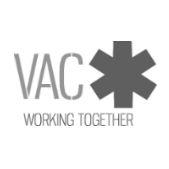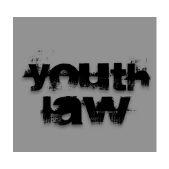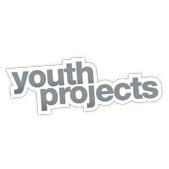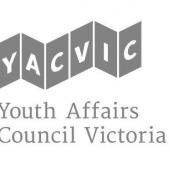Benzodiazapines-Fast facts for schools
Back to Articles
Advice for Teachers
What works in drug education?
Drug education in schools and classes can work but it is important to understand that "Drug Ed" needs to be delivered in a particular way in order to be effective.
There has often been debate as to whether or not drug education in classes is effective in reducing drug related harms or the development of drug related problems. There are some school-based drug education programs that evidence suggests are ineffective or actually have negative outcomes, but there are also some programs such as the “Get Ready”program which has been demonstrated as effective. So what makes for a more effective program and what doesn’t?
What works?
- Programs that are pitched to the appropriate developmental level (You don't teach year 7 in the same way you teach year 12 do you?)
- Programs that have accurate and explicit info and discussions (Don't be shy or beat around the bush-it has to be honest)
- Programs where students have to participate, talk about stuff, come up with solutions and think about real situations.
- Programs that are based in real life experiences where students identify the norms, pressures and influences in their lives.
- Programs where students identify potential choices and options suited for a range of possible situations. (Rather than being told how to act or behave)
- Programs where students develop and rehearse strategies and solutions to minimise or avoid harm. (acting, role plays etc! Be creative)
Information only programs don't work, participatory approaches are required
What doesn’t work?
- Programs that present abstinence from drug use as the only option
- Programs that only provide information
- Lecture style or non-participatory programs
- Scare tactics
- Programs which are watered down or avoid explicit discussions and scenarios.
